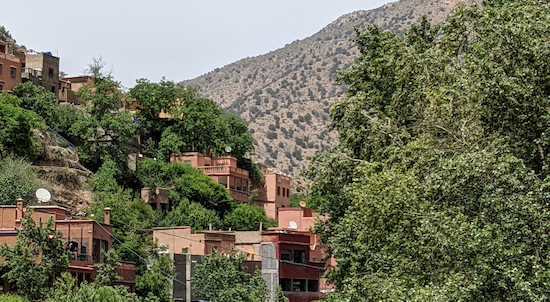The World Bank’s climate mission: New risks on the horizon?

Over a year into its new climate mission, the World Bank faces questions about human rights and accountability, as recent complaints reveal vulnerabilities linked to its climate-focused projects.
It’s been over a year since the World Bank Group (“the Bank”) more explicitly incorporated climate into its vision and mission — raising important questions about human rights and project accountability. Addressing climate change through mitigation and adaptation efforts is one of the most important challenges of our time. Unfortunately, climate projects can pose significant human rights risks. This concern is highlighted by data from the Business and Human Rights Resource Centre, which documented more than 200 allegations linked to renewable energy projects between 2011 and 2021 among the 15 largest renewable energy companies.
To understand risks from this new approach, this piece examines the Bank’s implementation of its new mission and reviews six recent complaints filed with the Bank’s accountability mechanisms. Analysis reveals several emerging patterns including:
- Traditional development project challenges — like displacement, inadequate compensation, and biodiversity concerns — persist even as projects adopt climate-focused objectives.
- Climate adaptation projects can increase community vulnerability.
- Traditional development projects are being rebranded with climate components.
The Bank’s shift in financing tools can pose challenges to accessing accountability mechanisms.
Reviewing these complaints offers insights into the challenges ahead for climate progress and sustainable development in international finance institutions.
Read the full article here and subscribe to the Accountability Console monthly newsletter here for more stories like this.

